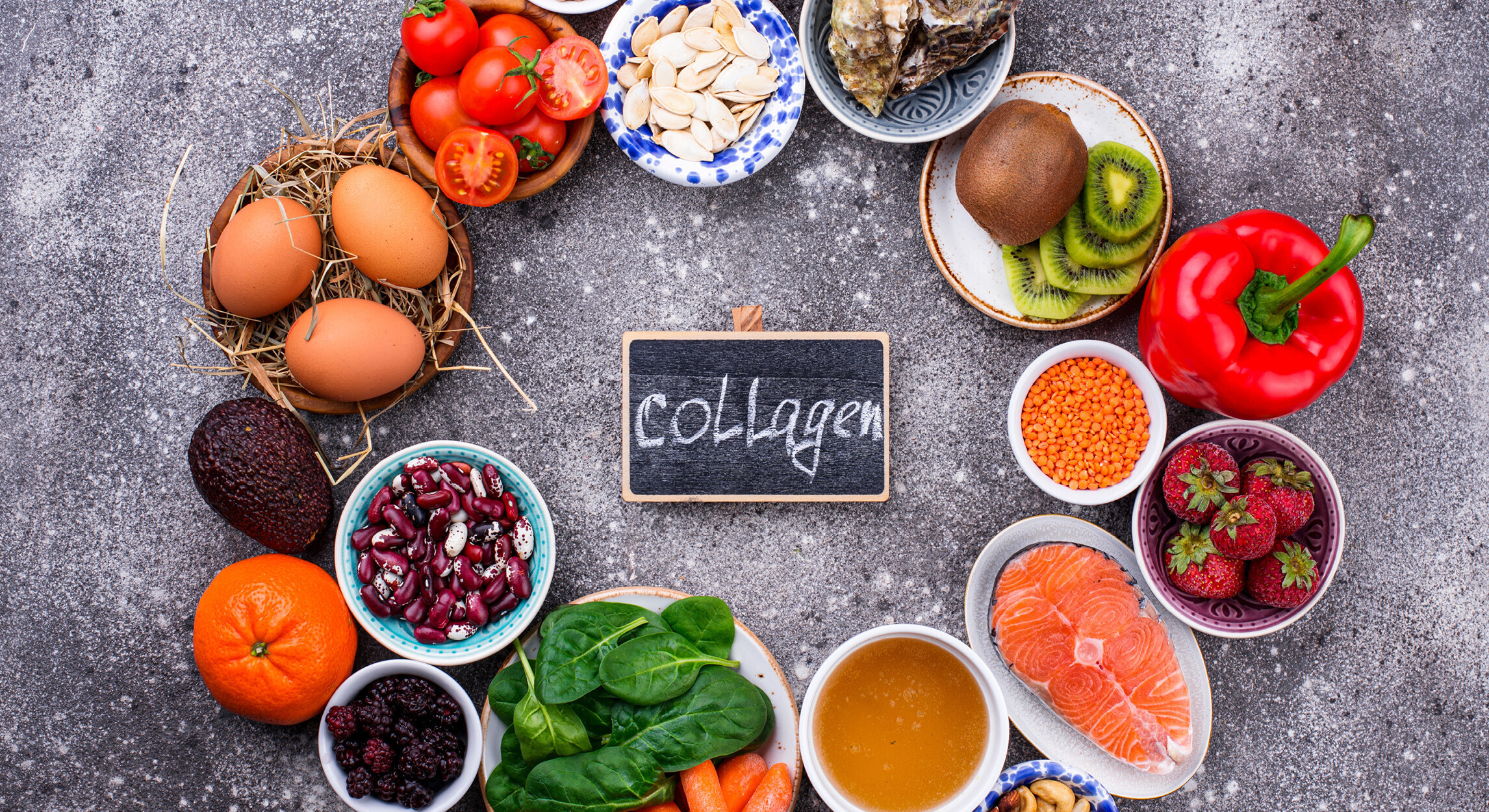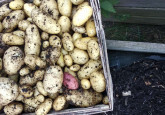Collagen is an increasingly common term in discussions about health and beauty. Whether in anti-ageing creams, food supplements or protein shakes, it seems to be everywhere. But what exactly is collagen, what are its benefits, and in which natural ingredients can it be found? Let's discover all the facets of collagen to find out more.
What is collagen?
Collagen is a key structural protein found in the human body. It makes up around 30% of the body's total proteins and plays a crucial role in the formation and maintenance of tissues, including skin, bones, tendons, ligaments and cartilage. It can be thought of as a kind of biological ‘glue’ that helps maintain tissue structure and integrity. There are at least 16 types of collagen, but types I, II and III are the most common, accounting for around 80-90% of total collagen in the body. Type I is found mainly in the skin, tendons, ligaments and bones, type II is essential for cartilage and, finally, type III is present in the skin, muscles and blood vessels.
Collagen for healthy skin and joints
One of the main benefits of collagen is that it keeps skin hydrated and elastic, reducing the appearance of fine lines and wrinkles. In fact, studies show that collagen supplements can stimulate the production of structural proteins such as elastin and fibrillin, helping to reduce the visible signs of ageing. In addition, collagen is a key component of cartilage, which helps to protect joints. Consuming collagen has anti-inflammatory effects that will help reduce joint pain and improve mobility in people suffering from osteoarthritis.
Collagen for bones and muscles
Collagen has numerous benefits for bones and muscles. As we age, bone density decreases, which can lead to conditions such as osteoporosis. Collagen comes into play to increase bone density, strengthening bones and reducing the risk of fracture. Once the bones are well developed, we turn our attention to the muscles. Collagen proteins will help to maintain and increase muscle mass, which is very beneficial for sportspeople, the elderly or people undergoing rehabilitation following a fracture.
Where can I find collagen?
Although the body can produce collagen, this production decreases with age, which is why it is so important to consume it through food or supplements. Here are some natural sources of collagen and ingredients that can stimulate its production. Animal sources are excellent foods rich in type I and III collagen. Stimulating ingredients such as vitamin C, dairy products, meat, fish or nuts will help to stimulate your collagen production naturally. Finally, collagen supplements can be an alternative for vegans, for example, so that you still have a good quantity of collagen in your body. When adopting this type of supplement, it's important to look at the type of collagen to make sure it meets your specific needs (for example, marine collagen for the skin or type II collagen for the joints).
In short, collagen is essential for staying healthy at any age. It helps give you beautiful skin, protects your joints and strengthens your bones and muscles. Whether you add it to your meals or take it as a dietary supplement, you can benefit from its many advantages.










